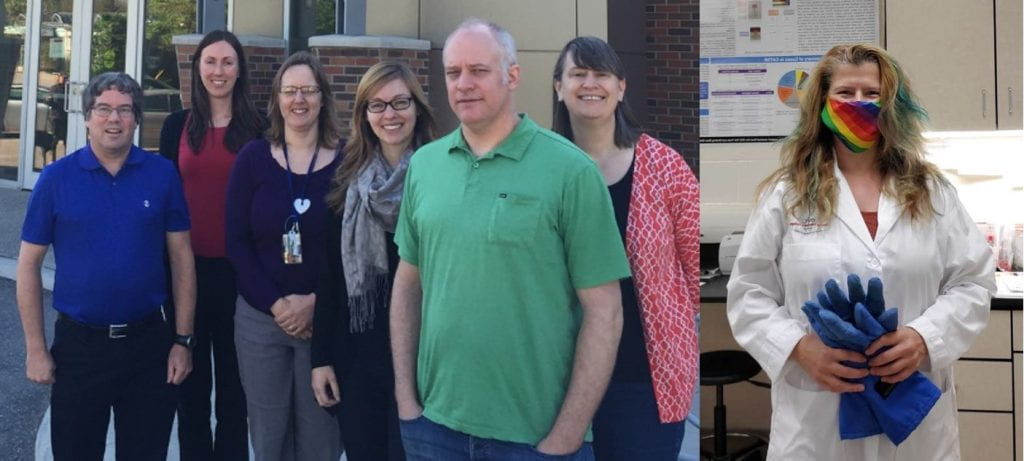Whether you are waiting to find out about a diagnosis or already working with the clinical team, cancer is life-changing for you and both the human and animal members of your family. At the Mona Campbell Animal Cancer Centre, the clinical care team will support and work with you to provide quality treatment and care to facilitate the best possible quality of life for your pet.
In addition, your clinical care team may present you with opportunities to get involved with research and clinical trials in association with the Institute for Comparative Cancer Investigation (ICCI) and other clinical trials teams across the hospital. The Institute focuses on bringing clinicians, public participation and research associates together in translational cancer research—work that can be taken between animal and human medicine—and provide a central hub for resources, opportunities, findings, and connections.
The ICCI facilitates translational oncology research in companion animals by managing clinical trials and the Companion Animal Tumour Sample Bank (CATSB). Our goals: to advance the understanding of cancer and improve treatment options to benefit both companion animal and human cancer patients.
Launched in 2007, the institute is the first of its kind in Canada, combining the expertise of researchers in basic cancer biology and clinicians in veterinary medicine to take an integrated approach to cancer studies that cannot easily be matched in human research settings. The ICCI is dedicated to furthering the understanding of the cancer for the benefit of all species, including humans.



